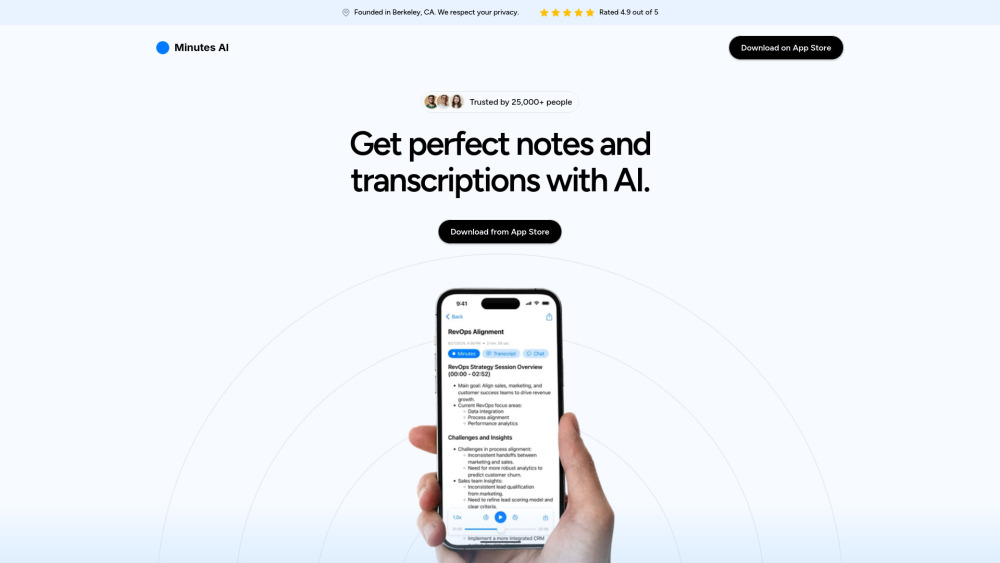South Korean electronics leader Samsung has made a significant entry into the generative AI landscape with the announcement of Gauss, a foundation model designed to operate locally on smartphones. This innovative model can generate text, code, and images, enhancing user experience directly from their devices.
At the ongoing AI Forum in Suwon, Samsung provided insights into Gauss, currently in internal testing among its employees. Named after the renowned German mathematician Carl Friedrich Gauss, who was instrumental in developing the normal distribution theory foundational to modern machine learning and AI, this model represents a notable stride for the company.
What to Expect from Samsung Gauss?
Samsung Research has unveiled three versions of Gauss: Gauss Language, Gauss Code, and Gauss Image.
- Gauss Language will function similarly to Google Workspace's generative AI, assisting in composing emails, summarizing documents, and translating content. It also aims to facilitate smarter device control, though specific features haven't been disclosed yet.
- Gauss Image will focus on photo enhancements, enabling users to generate, edit, and upscale images directly from their smartphones. This functionality will be akin to having generative fill tools available within the device's native editing software.
- Gauss Code will serve as a software development assistant, aiding teams in quickly writing code and generating test cases through an interactive interface.
Availability and Future Plans
The integration of generative AI within Samsung's ecosystem promises substantial improvements for its users, but there is currently no timeline for when these features will be fully available. Samsung has indicated that Gauss is being utilized to boost employee productivity and aims to expand its applications for enhanced user experiences in the near future.
Samsung may introduce these capabilities in its next flagship smartphone set for release in 2024, coinciding with Qualcomm's upcoming chip featuring an AI engine designed to support advanced generative AI models. Qualcomm serves as Samsung's vendor for mobile System on Chips (SoCs).
The competition for on-device AI is heating up, with other major players like Google and Apple also exploring similar innovations. Recently, Google launched the Pixel 8 Pro, equipped with refined text- and image-generating models for features such as image editing. Meanwhile, Apple has been actively hiring for generative AI roles and has introduced an AI-driven voice cloning accessibility feature.
By leveraging dedicated hardware and localized AI models, users can anticipate significantly improved results compared to traditional cloud-based solutions. Qualcomm's Senior VP of Product Management, Ziad Asghar, emphasized that access to device-specific data—such as driving patterns, searches, and stored photographs—will lead to highly personalized outcomes not previously achievable.
Furthermore, Samsung is committed to the responsible deployment of AI technologies, having established an AI Red Team focused on identifying and addressing security and privacy concerns throughout its AI development process.
More details on Gauss and its applications are expected to be shared in the coming months.





